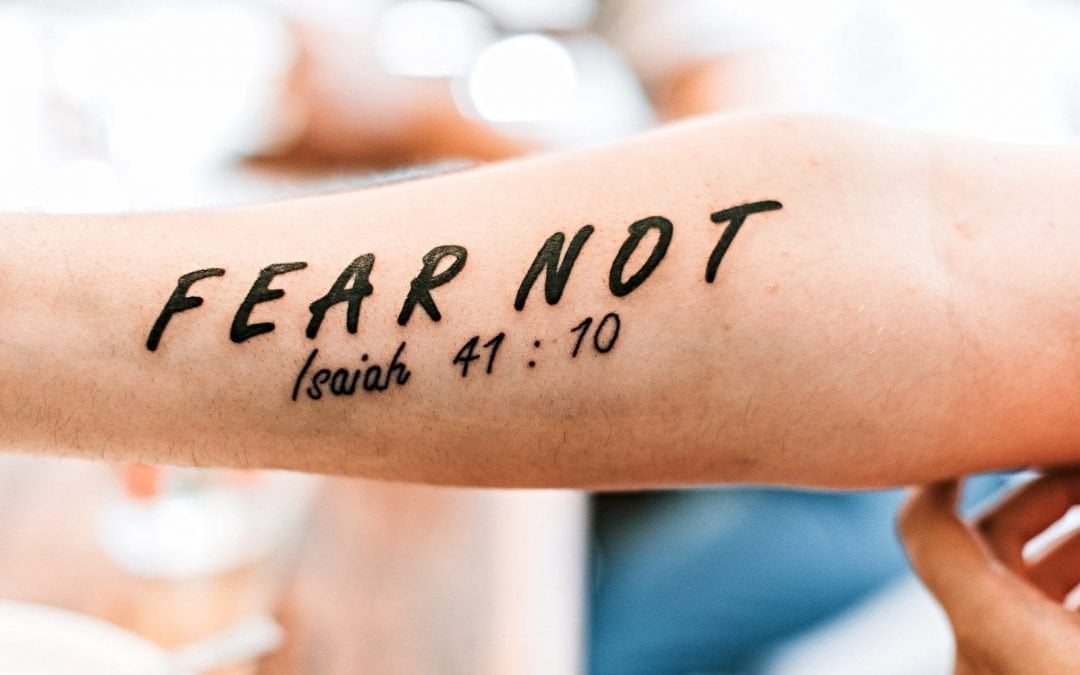Having been involved in disaster relief for a number of decades in the global south, my focus was always on responding to the immediate physical and psychological needs of those affected by conflict or natural disasters.
While that was critical to save lives and help people regain some semblance of dignity, I often wondered whether they ever questioned God as to why these things were happening to them.
A few years ago, as I started asking the poor about their spiritual journey and where does God fit into their lives during traumatic times, I was intrigued by what I was hearing.
Few questioned God. Instead, they cried out to God for help in their dire circumstances.
When listening to the poor, few talked about liberation. Most instead wanted a God who was real and present and who understood their struggles.
I was particularly interested in the poor who had become followers of Christ from other religions.
When asked why they now worshipped the living God in Jesus Christ, they spoke about how they had prayed to their deities but never knew if their prayers were ever heard.
Some had prayed for healing or help amid their poverty for years, but there had been silence. Yet when they were encouraged to pray to Jesus, their prayers were answered. Many could not get over the fact that God would hear their prayers.
These are not new insights into the spirituality of those in extreme poverty.
The spirituals of the African America slaves were the primary expression of the slave community’s spirituality, or as Albert Raboteau writes in his book, “Slave Religion: The ‘Invisible Institution’ in the Antebellum South,” they were “the message of the Gospel … translated … into songs in terms of [the slaves’] own experience.”
In theologizing through their songs, the awareness of being trapped in poverty and oppression was only mitigated by a cry to God for deliverance one day. This was the salvation they yearned for.
The slaves were unable to bring about change and, as a result, they looked to God to bring in a new social order when this world has ceased to exist.
From their spirituals, it was apparent that many of the slaves did not believe that society and their circumstances could be changed.
So instead of a cry to God for justice and liberation here on earth, they sought the consolation of God in their present circumstances and believed in the hope that he provided for the future.
That being said, it is important to note that there were between 250 and 313 American slave revolts.
The five most famous were the Stono Rebellion of 1739, the New York City Conspiracy of 1741, the Gabriel Conspiracy of 1800, the German Coast Uprising of 1811 and Nat Turner’s Rebellion of 1831.
Research literature from the past decade or so confirms there is an integral link between poverty and spirituality.
Gallup Poll research in 2012 concluded that religion has a functional role in the lives of those in the poorest countries as it helps them cope with the daily struggles of providing for themselves and their families.
Another multicountry study found that personal insecurity evidenced by income inequality was an important determinant of religiosity.
An extensive study in North America on socioeconomic status and beliefs about God in everyday life found that individuals from poorer communities professed higher levels of divine involvement and control in their everyday lives compared with individuals from a higher socioeconomic status.
The poor are aware of how deeply imbedded injustice is within the social and political systems of society.
In spite of the promises of politicians and the efforts of the aid workers, they have no illusions, and most don’t believe that anything will change.
While economic development has significantly reduced the number of people living in poverty across the globe and seen the growth of a middle class, there has been little change for those in extreme poverty. For them, God is their strength to cope.
The Apostle John writes, “The Word became flesh and made his dwelling among us.”
God desires to be present with broken humanity. It is God’s presence that is life transforming and gives the poor hope and strength.
This, then, is our model for solidarity with the poor.
It is not just acts of compassion from a distance but helping those in extreme poverty realize that there is good news, that God identifies as Immanuel, a God who is present and walks with the poor and the broken.
Editor’s note: This article is part of a series this week for World Day of the Poor 2019. The previous articles are:
Pope: Economic Inequality Largely Unchanged Since Biblical Times | EthicsDaily.com Staff
Ending Poverty Isn’t Priority for Far Too Many Christians | William Brackney
A Dual Approach for Christians to Make a Difference to the Poor | John Daugherty
GI Bill’s Benefits Didn’t Include Most African American Vets | Hannah McMahan
Rupen Das is research professor at Tyndale University College and Seminary in Toronto and the national director of the Canadian Bible Society. He is author of several books, including “Compassion and the Mission of God.”

